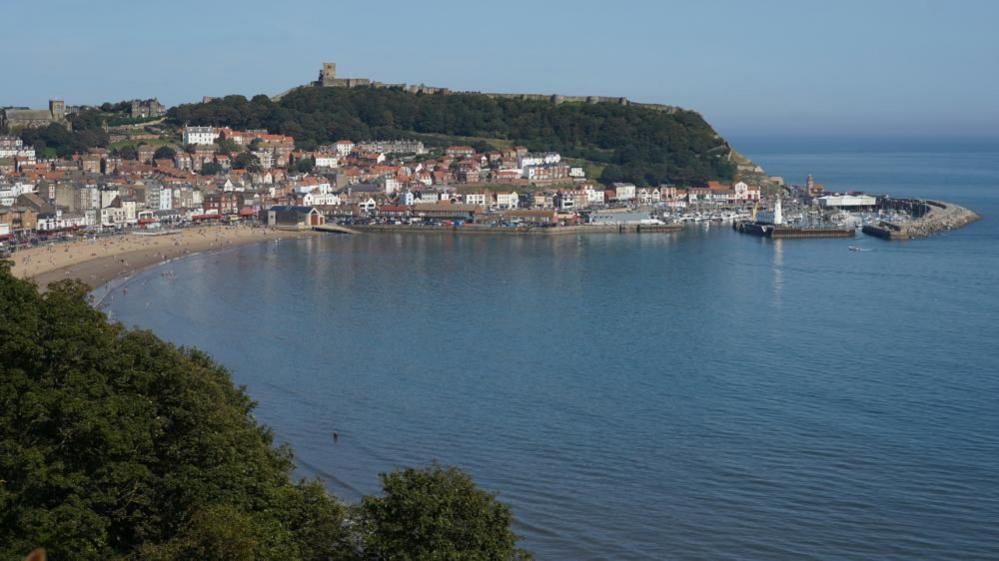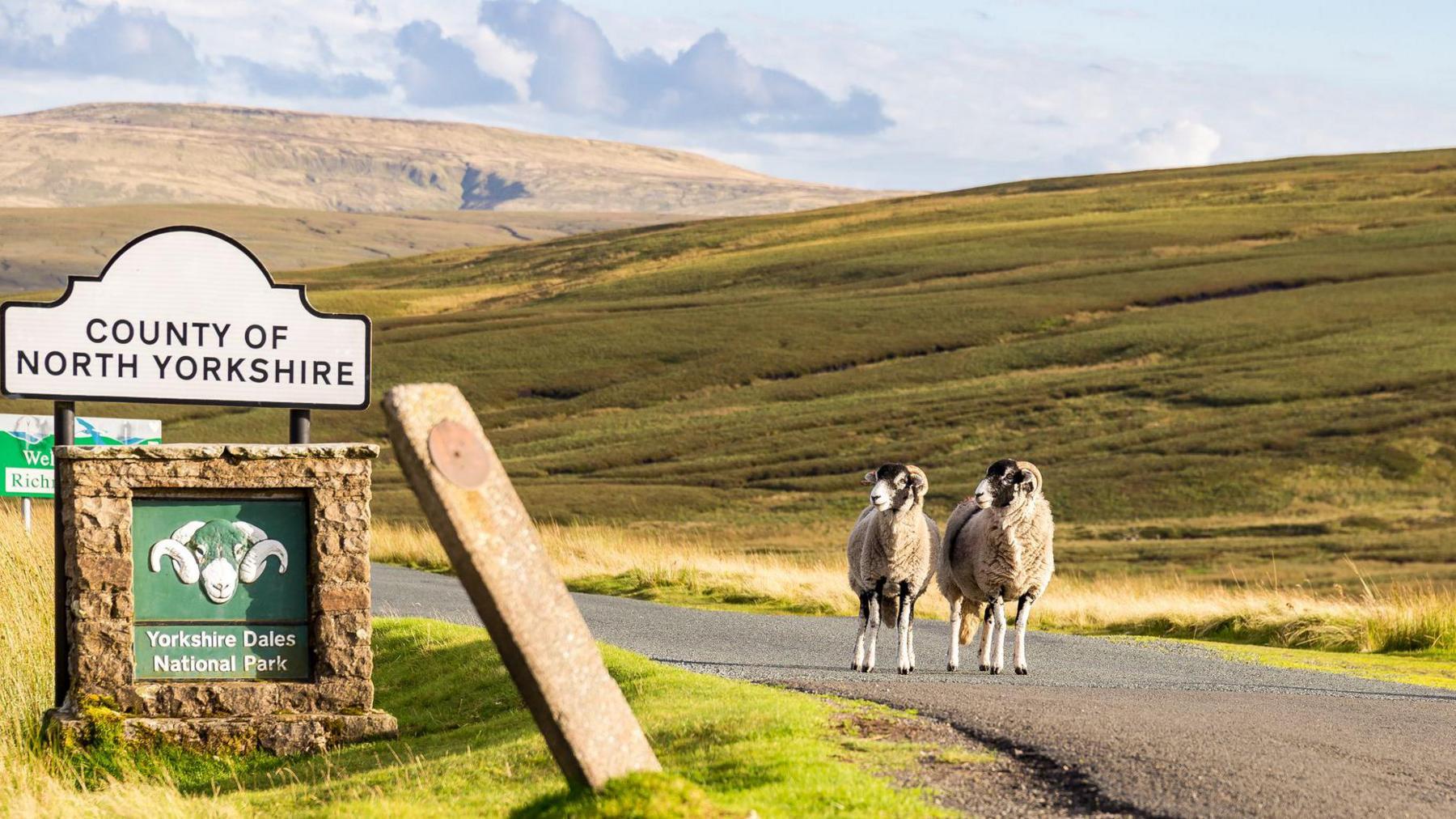Guide to the first North Yorkshire mayor election
- Published
Voters in York and the wider North Yorkshire region will choose their first elected mayor in May.
The mayor will lead the York and North Yorkshire Combined Authority, which came into force earlier in the year.
Why is there an election?
The York and North Yorkshire Combined Authority launched on 1 February after a devolution deal was agreed between City of York Council, the former North Yorkshire County Council and the government in 2022.
The deal will see more than £750m in funding devolved to the combined authority from central government over 30 years.
At the head of the combined authority will be an elected mayor - just like those in West and South Yorkshire, Manchester, Liverpool and Teesside.
The mayor will act as a figurehead for York and North Yorkshire, lobbying the government for support on regional issues.
Who can vote?
Any registered voter in the City of York and North Yorkshire council areas will be able to cast a vote.

The new mayor will take charge of transport, housing and community safety across North Yorkshire
What powers will the elected mayor have?
The York and North Yorkshire mayor will be given powers by central government to make decisions locally on issues including:
Public transport
Improving supply and quality of housing
Securing land development
Adult education
They will also take responsibility for community safety, and will be able to appoint a deputy mayor who will carry out many duties currently held by the North Yorkshire police, fire and crime commissioner.
The mayoral combined authority does not replace the existing councils, which will continue to deliver services to residents.

Voters can head to a polling station on election day or submit a postal vote
Who are the candidates?
Labour has chosen York business owner David Skaith as its candidate.
Felicity Cunliffe-Lister represents the Masham & Fountains division of North Yorkshire Council. She is standing for the Lib Dems.
Keane Duncan is standing for the Conservatives. He currently sits on North Yorkshire Council with responsibility for highways and transport.
Keith Tordoff, a former police detective, is standing as an Independent candidate.
Kevin Foster leads the Green Party group on North Yorkshire Council.
Paul Haslam, who represents Bilton & Nidd Gorge on North Yorkshire Council, is also standing as an Independent.
How will the election work?
Residents of York and North Yorkshire can vote either in person, by post or by proxy.
This election will use the first-past-the-post system, meaning voters will choose one candidate and whoever has the most votes will win.
There are certain dates and times to keep in mind.
The deadline for receiving applications for registration is midnight on Tuesday 16 April.
New postal vote and proxy postal applications should be in by 17:00 BST on 17 April.
New applications to vote by proxy should be in by 17:00 BST on 24 April.
And election day itself - with voters heading to the polls on Thursday 2 May between 07:00 and 22:00 BST.
When will we find out who has won?
The task of counting the ballots will get under way on Friday 3 May, followed by the declaration of the newly elected mayor.
Follow BBC Yorkshire on Facebook, external, X (formerly Twitter), external and Instagram, external. Send your story ideas to yorkslincs.news@bbc.co.uk.